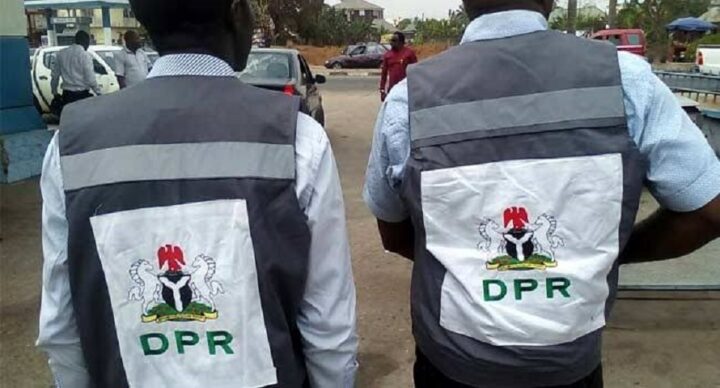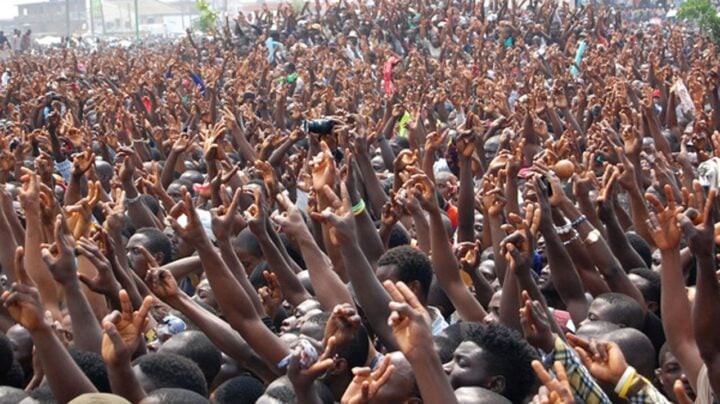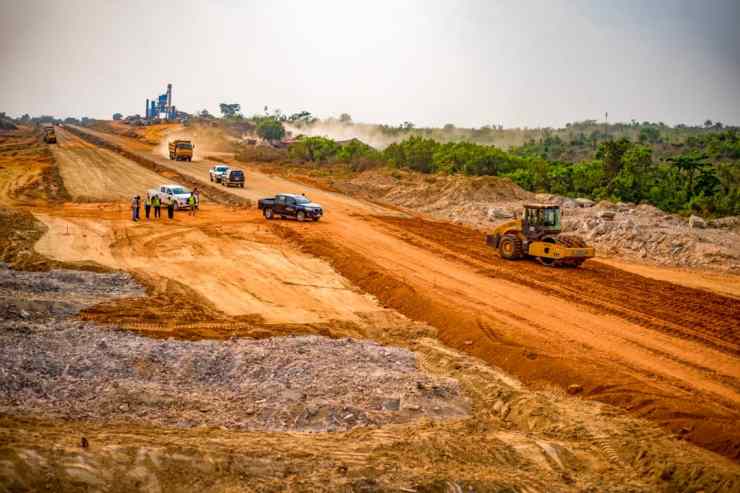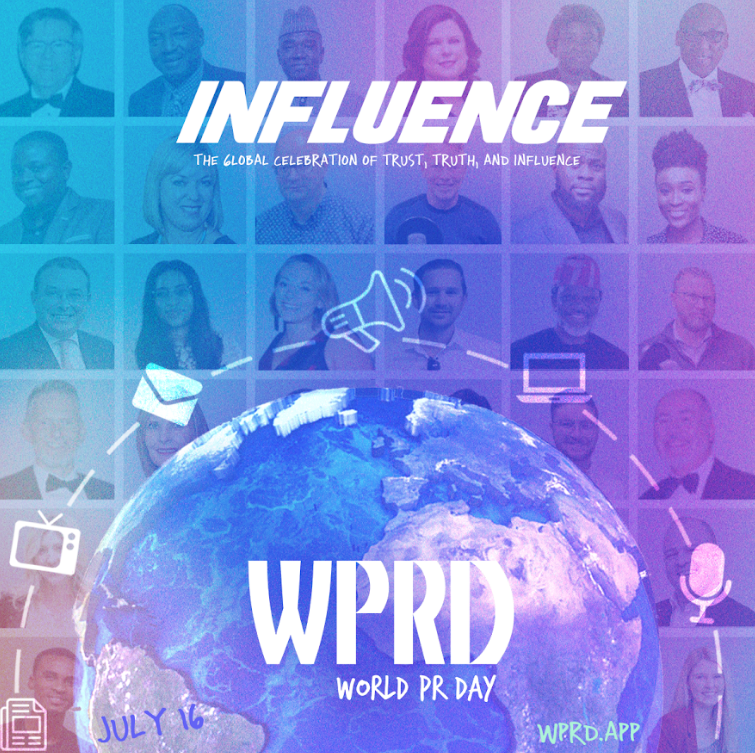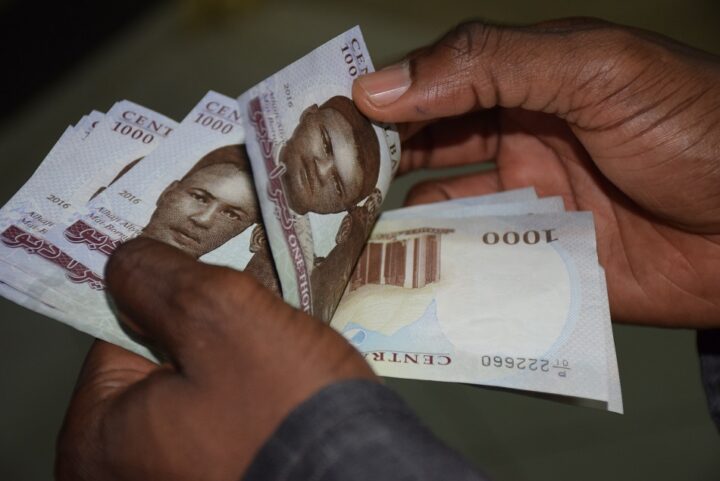BY MOSES AINA
One reform that got my attention in the new version of the Petroleum Industry Bill (PIB), as recently passed by the National Assembly, is the proposal to create two regulatory agencies to oversee Nigeria’s oil and gas sector. Expectedly, the bill has already stirred up controversies across the country, with the representatives of the host communities and the southern governors voicing their opposition to various clauses in the bill. The many dissents so far generated by the bill has called into question the aim and objective of the bill.
My interest in the bill is the wisdom of creating two regulators to oversee the oil and gas sector. All the arguments so far heard concerning the suitability of a two-regulator model are unconvincing, and there are so many examples to discredit them. It’s akin to thinking that the solution to raising two unconsolable babies is finding one a foster mother. The babies in this regard are the downstream and the upstream segments of the industry, with of course the usually footnoted midstream segment acknowledged but lumped with the downstream in the bill.
For those unfamiliar with the oil and gas industry, I’ll attempt a quick clarification of the terms “upstream,” “downstream,” and also “midstream” segments. The upstream segment, which is the most complex aspect of the oil and gas business, is basically the activities that revolve around searching and extracting raw crude deposits from the earth (onshore), underneath the water (offshore) and from the basin of the inland body of water. The downstream segment, on the other hand, refers to the distribution and marketing of petroleum products after being processed. This phase of processing, which is between the upstream and the downstream segment is the midstream. The processing of crude oil involves activities like converting the crude oil into finished products like petrol, kerosene, diesel, and lubricants.
Advertisement
So, in regulating the oil and gas sector. what PIB set out to do is terminating a regime of a single-regulator model, where the decades-old Department of Petroleum Resources (DPR) has been chiefly in charge of the compliance of oil and gas companies to petroleum laws, regulations and guidelines set aside by the federal government. DPR has also been responsible for monitoring operations at drilling sites, production platforms and flowstations, crude oil export terminals, refineries, storage depots, pump stations, retail outlets, among others. Another of its function is overseeing the safety and other regulations that relate to exportation and importation.
These activities of the DPR cut across the downstream, upstream and midstream segments. But in the new bill, the government sets out to redistribute the regulatory roles to two regulators to be created to succeed DPR. These are the Nigerian Upstream Regulatory Commission (NURC) and the Nigerian Midstream and Downstream Petroleum Regulatory Agency (NMDPRA). As the name implies, NURC, simply referred to as “the Commission,” is to take over the oversight of the upstream segment of the industry, while NMDPRA, also simply referred to as “the Authority,” is to take over the oversights of the downstream and midstream segments.
The reason for this, according to proponents of this reform, is to ease the processes of regulating the sector. What, however, isn’t being considered is how the two-regulator solution is only going to create unnecessary bureaucratic bottlenecks for oil and gas companies, especially those operating in all segments of the industry. The foreseen challenges are much worse than that. Aside from the overlapping roles of the proposed regulators, the cost of regulating the industry would skyrocket and it’s going to tell heavily on any objective cost-benefit analysis adopted by the government.
Advertisement
Having two regulators isn’t only going to be an expensive system for a nation perpetually searching for ways to cut down the cost of governance, regulation is going to be characterized by lack of coordination, cooperation and the consequent lack of harmonized data, as is the practice at all Nigerian agencies with duplicate functions. The instant reason for this is that, according to the bill, the old employees of DPR and other sister agencies—including those of Nigerian National Petroleum Corporation (NNPC), Petroleum Equalization Fund (PEF), Petroleum Products Pricing Regulatory Agency (PPPRA)—are going to be reassigned to the two new regulators.
This measure underlines my argument that the regulation is going to be the same people doing the same thing again, only this time from different organizations. It’s a glaring change of acronyms and, I believe, worse: the intentional attempt to hinder organizational cooperation by such ill-advised duplication. More still, the former employees of the old regulatory agency aren’t going to any more encouraged to work. Whatever Nigeria sets out to achieve through a two-model regulator can be done through a single regulator.
Most of the agencies functioning in the oil and gas sector today were once departments at the DPR, and could’ve been left so and allowed to evolve, grow function under the institutional framework of DPR. Most of the agencies became loudly redundant after being expunged from the DPR, and it’s the same mistake we are about to make again—a cogent lack of commitment to investing in building strong institutions.
Clearly, Nigeria isn’t listening to its own advice. The report of the Steven Oronsaye Panel of 2011 is one beautiful guidebook to be revisited in this journey into predictable chaos. The report was purposely made to caution us against redundant and duplicate government agencies. The report asked the government to abolish and merge 102 government agencies and parastatals and reduce the number of statutory agencies from 263 to 161. If our policymakers adhere to the solutions they invest so much to produce, this report alone would’ve guided the misguided consideration of two regulators to manage the oil and gas sector.
Advertisement
Moses Aina is a tax consultant and writer. He writes from Lagos
Views expressed by contributors are strictly personal and not of TheCable.
Add a comment
